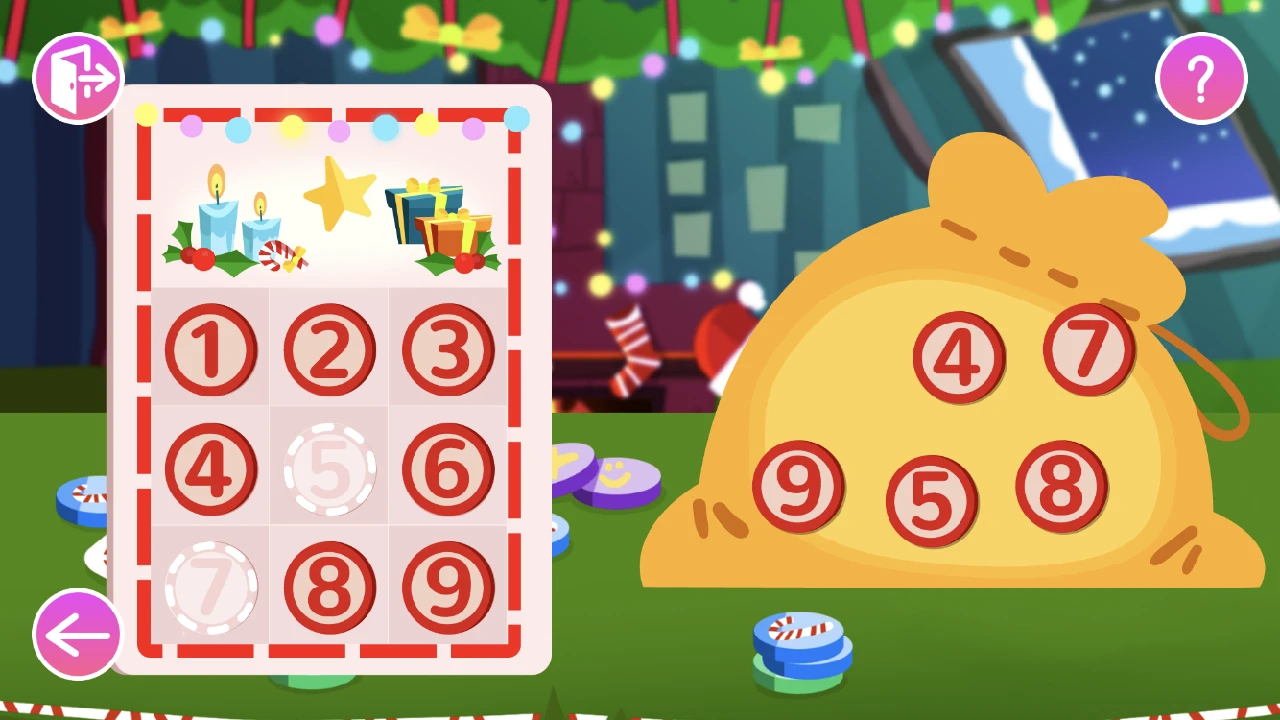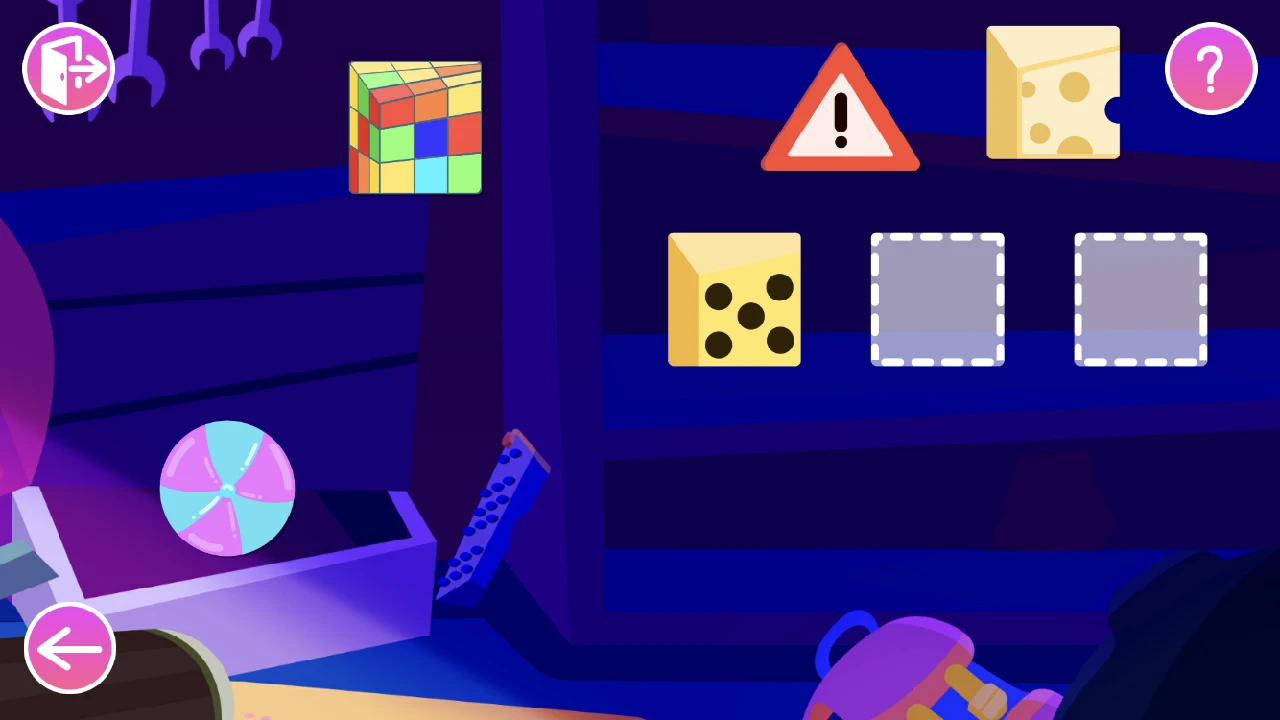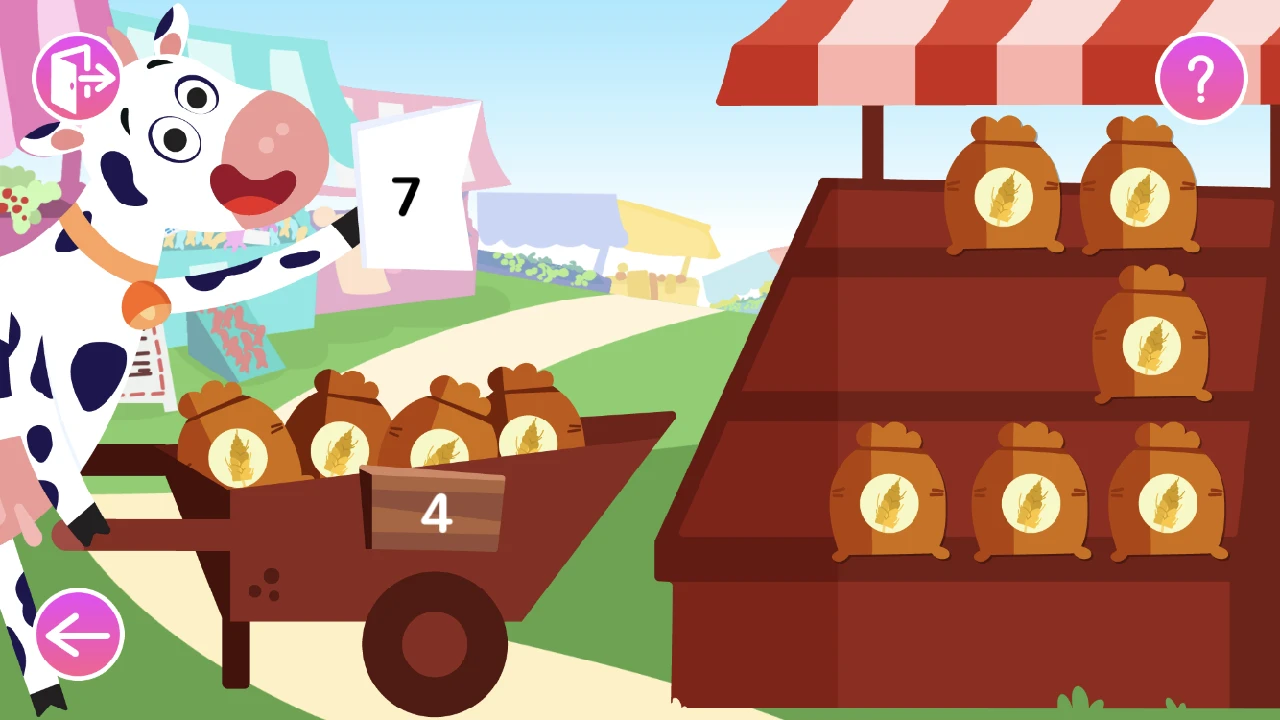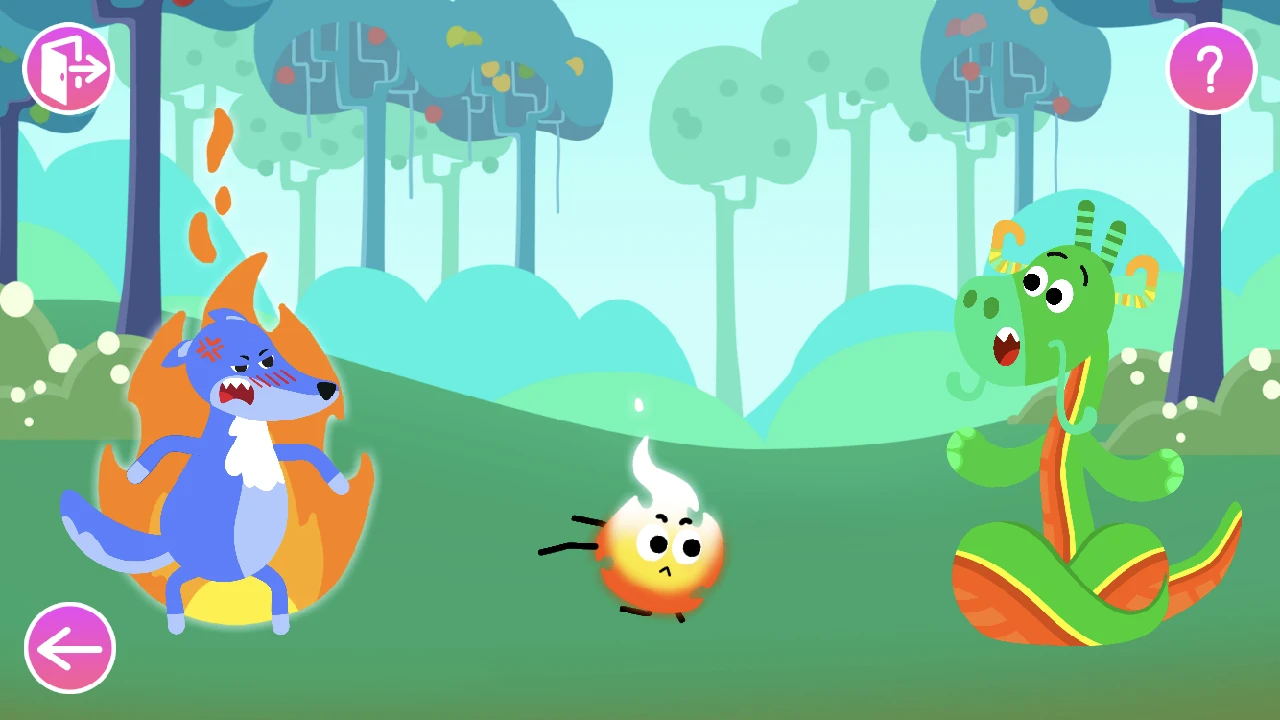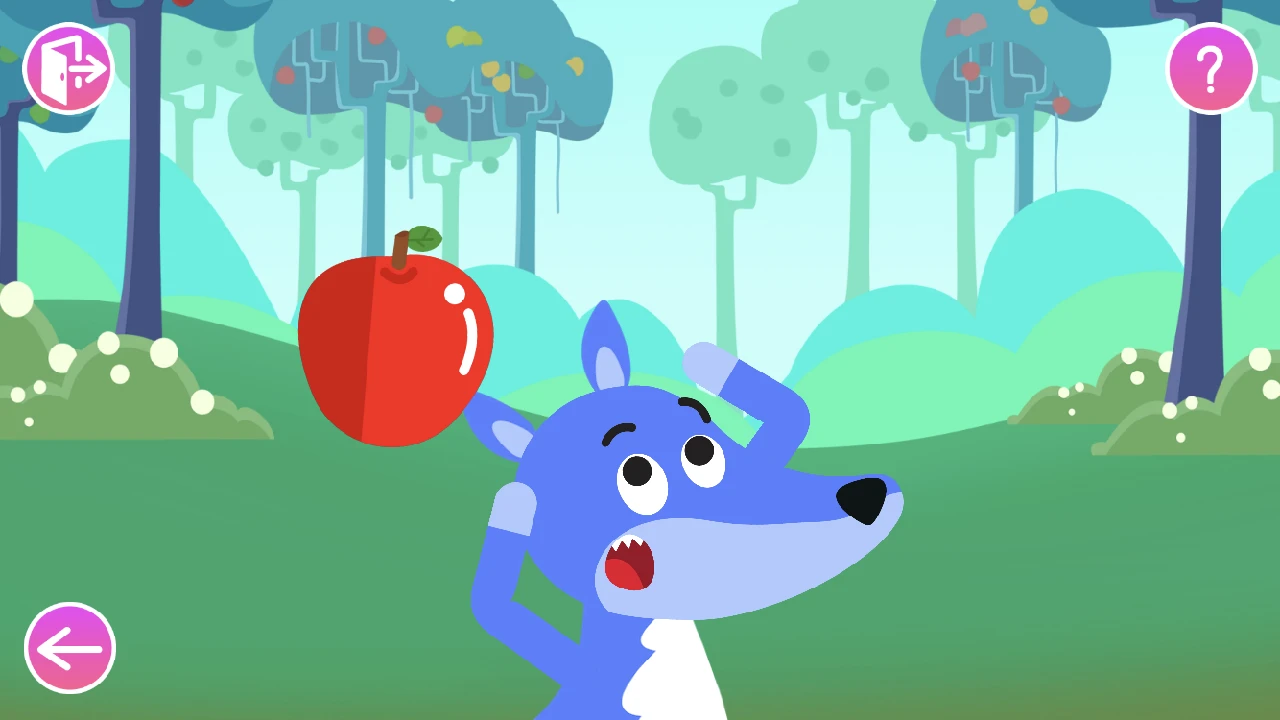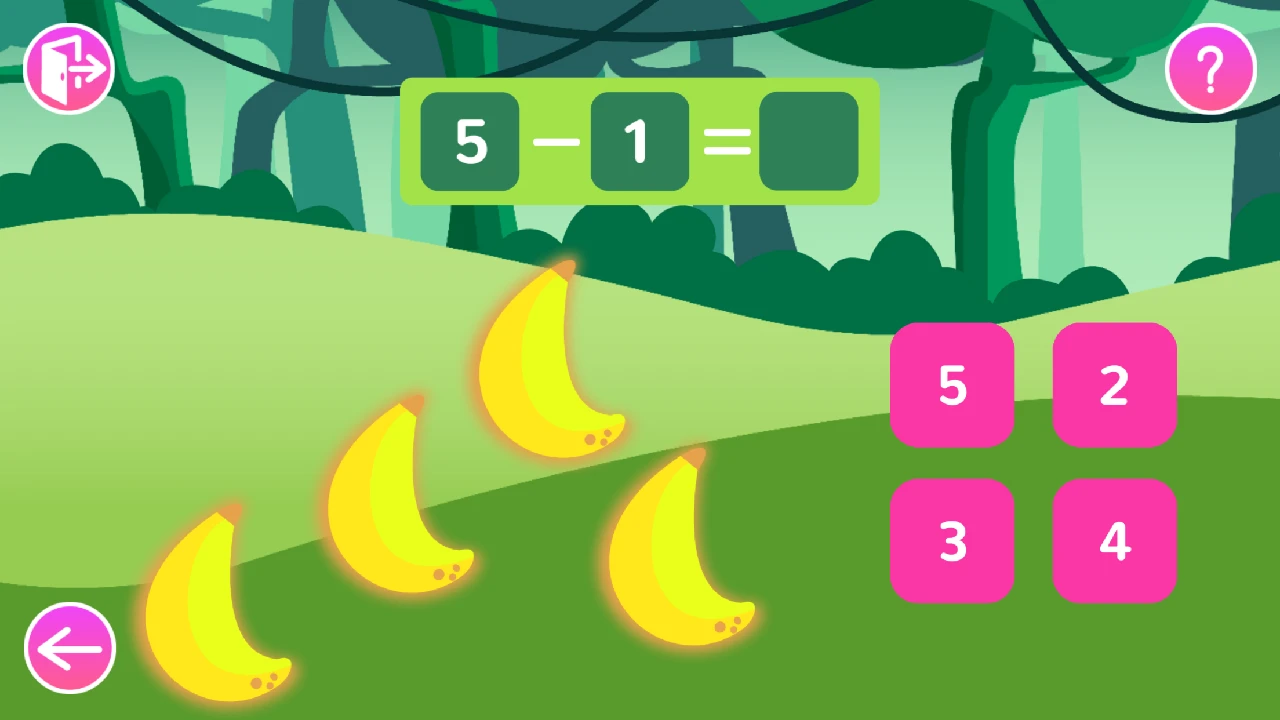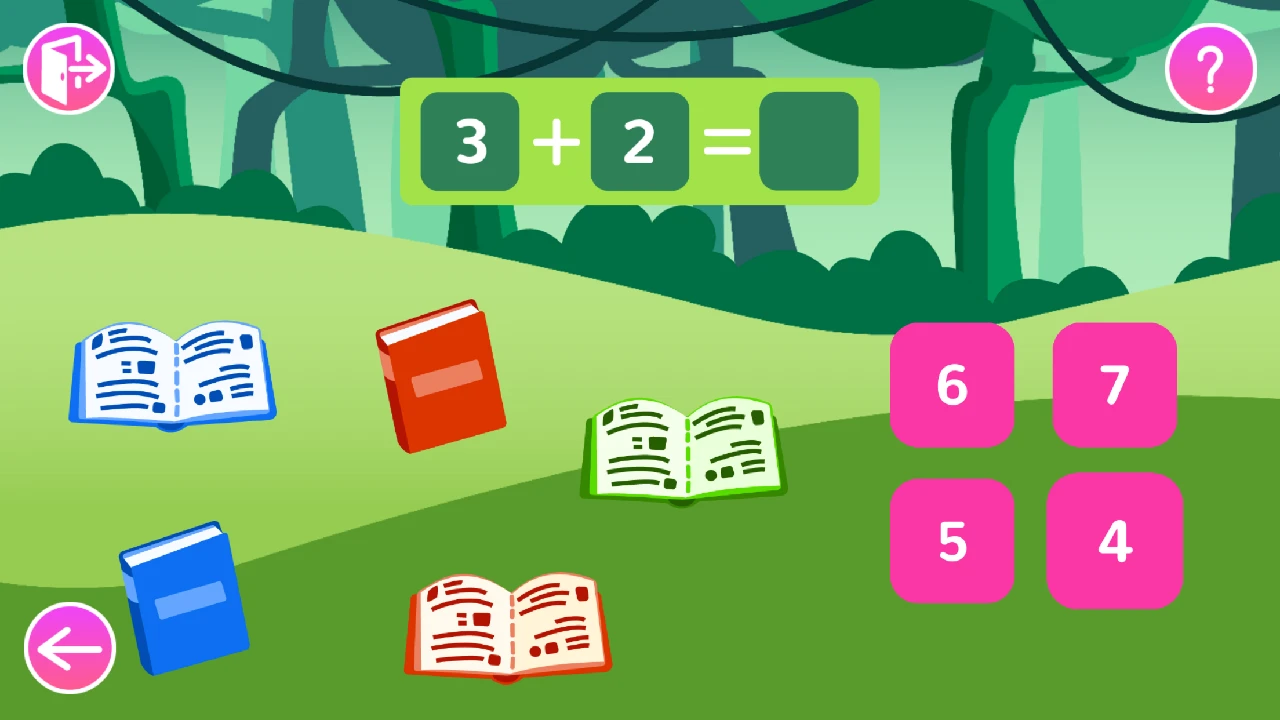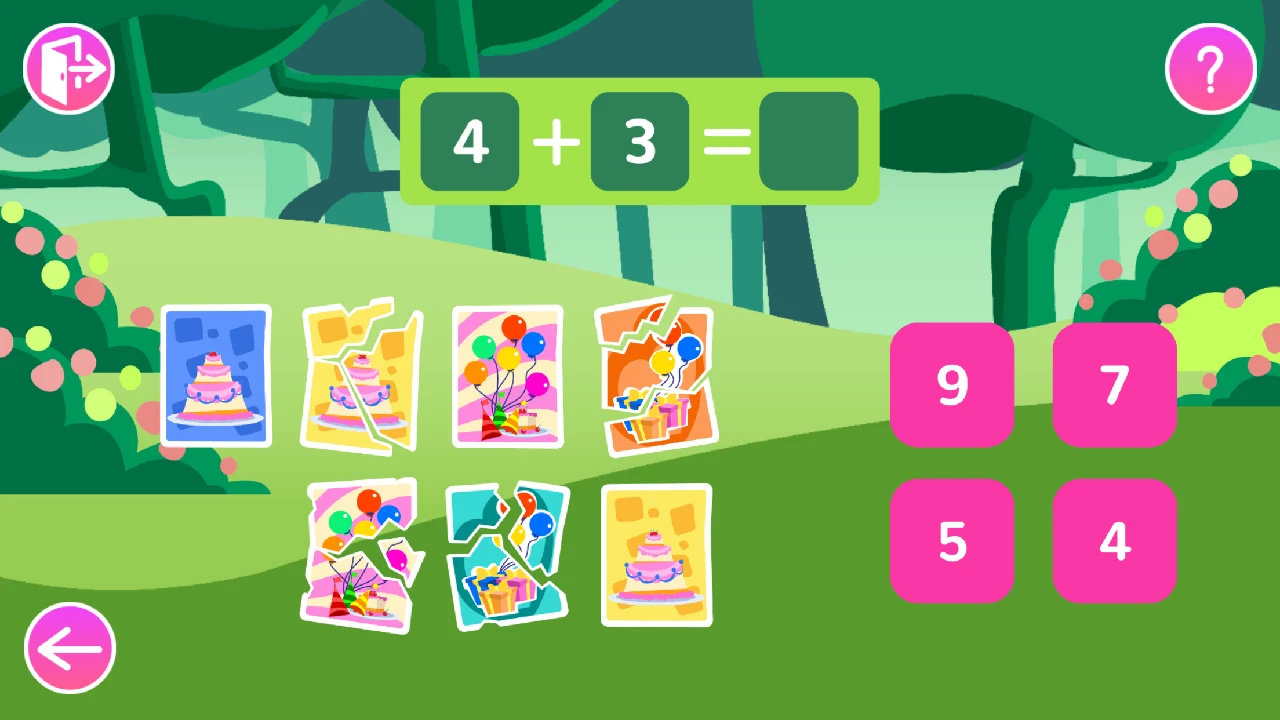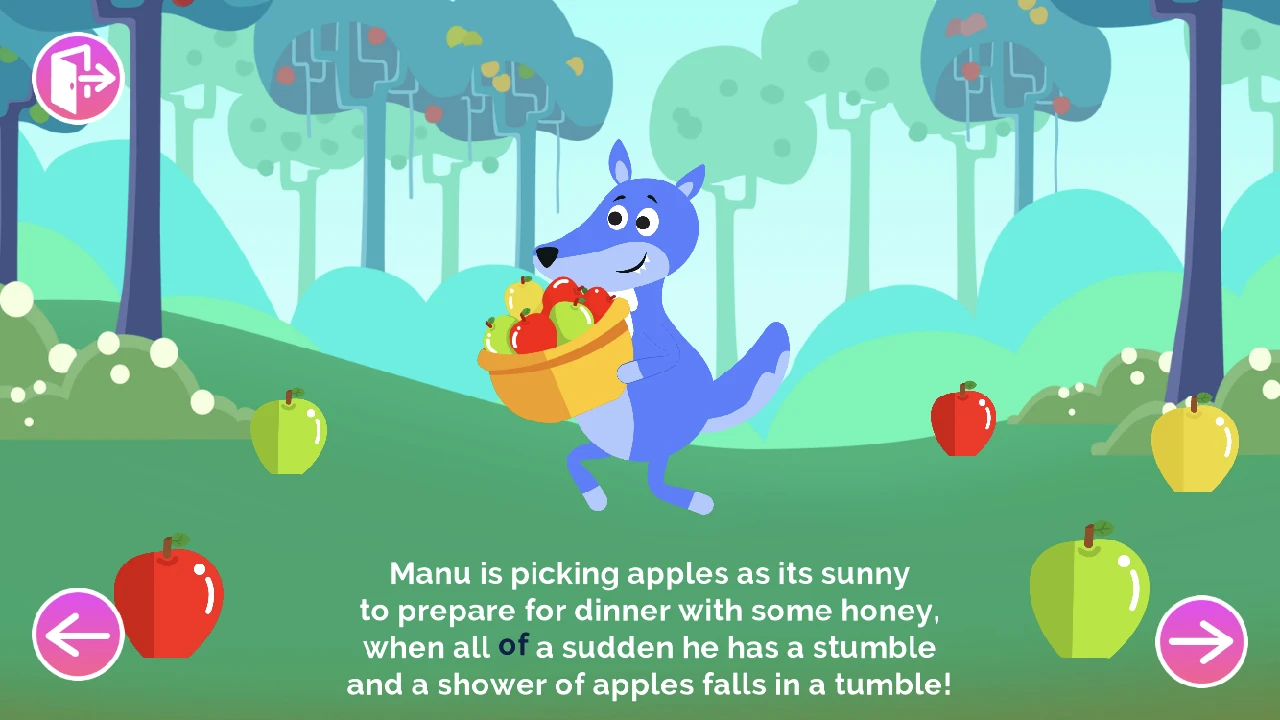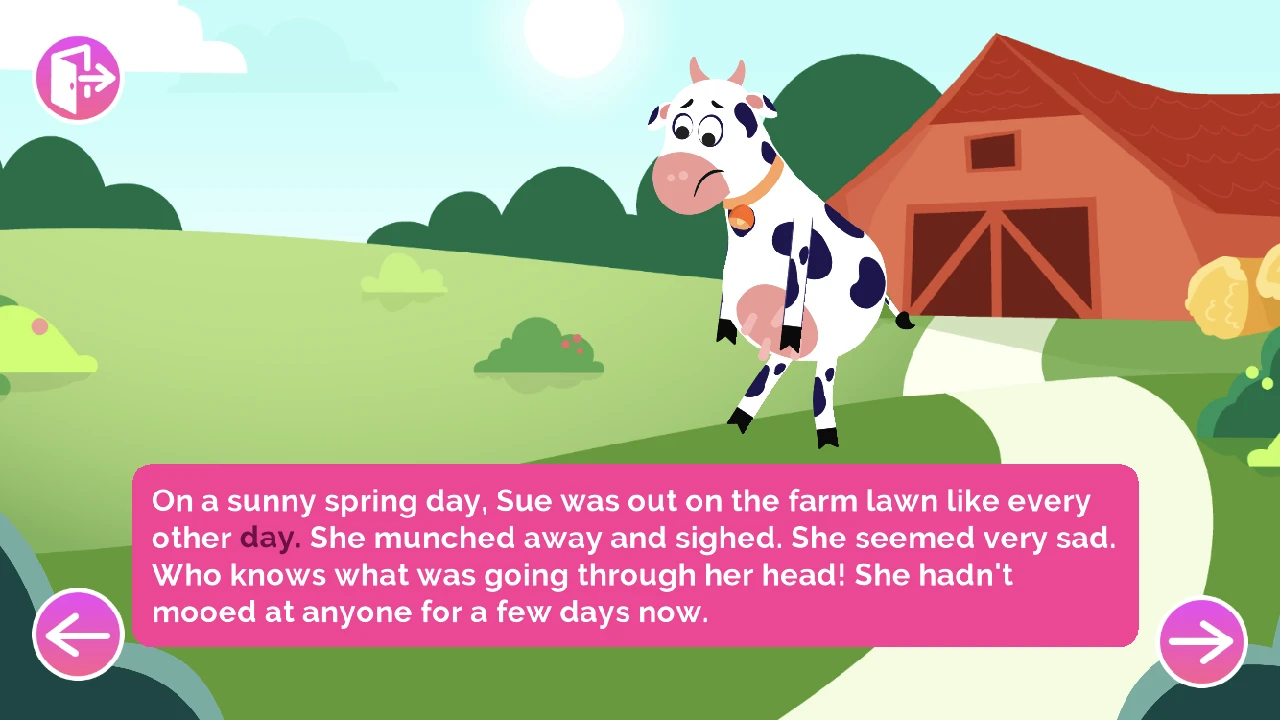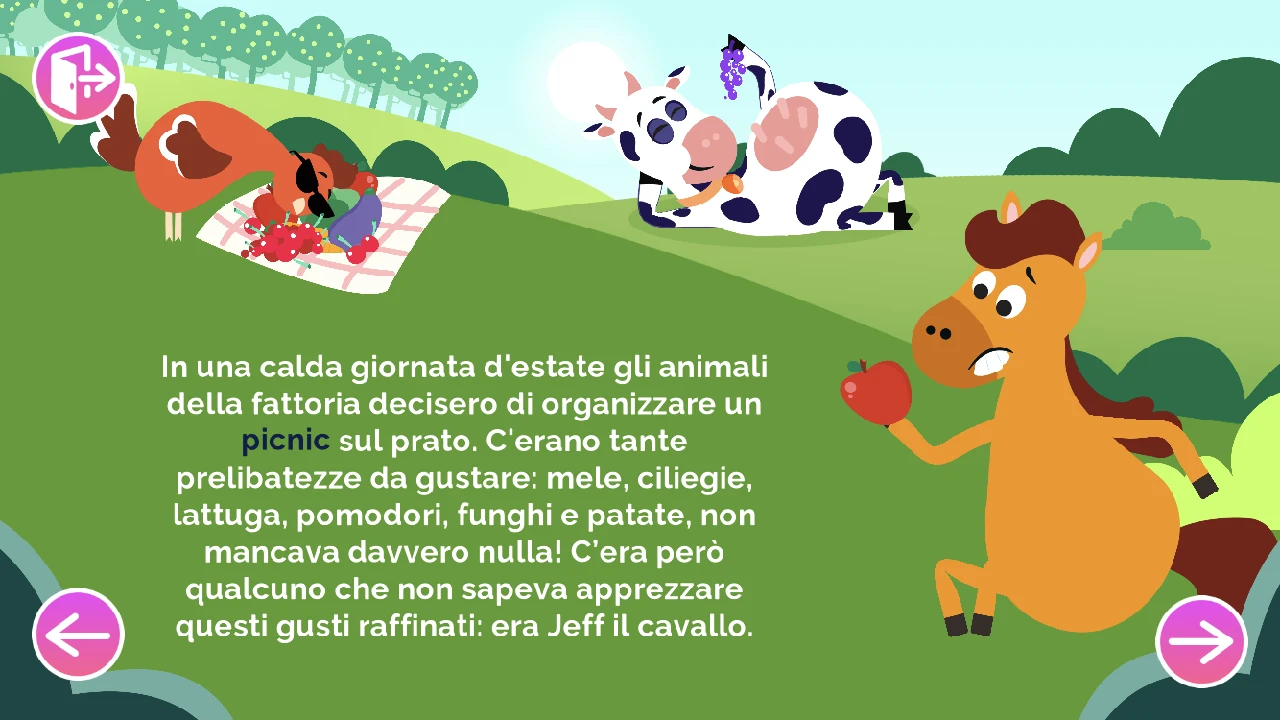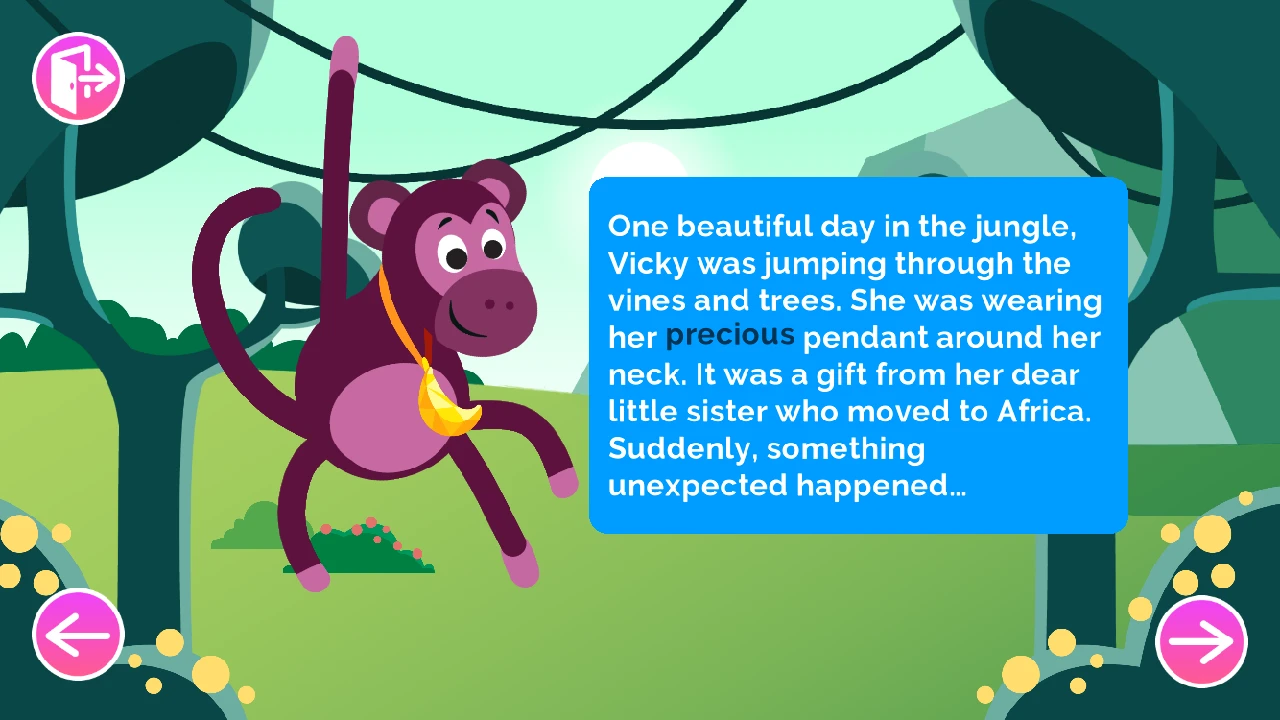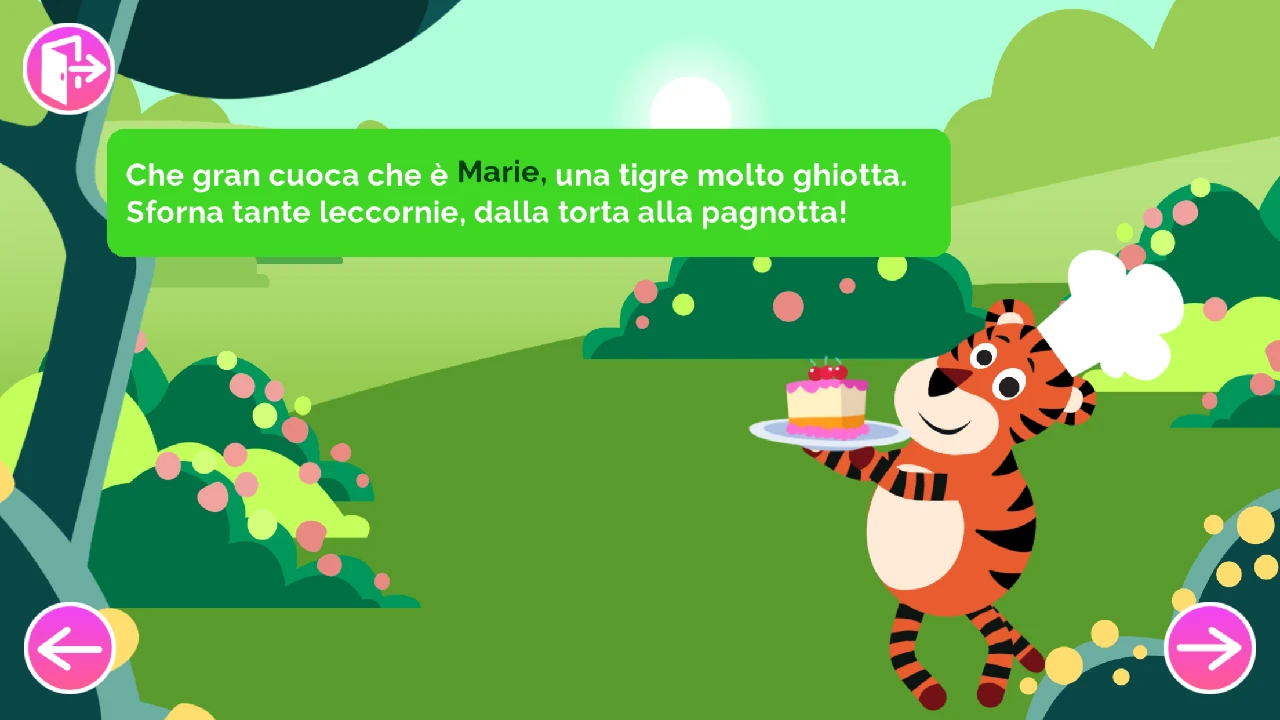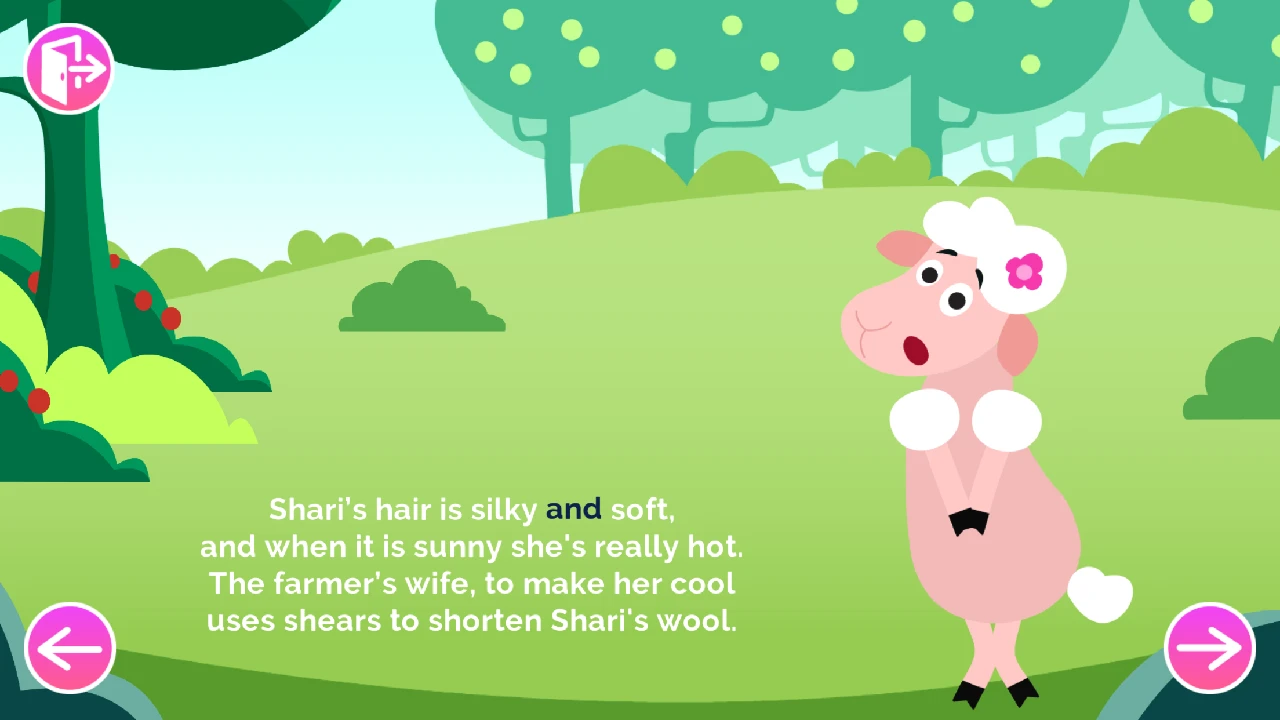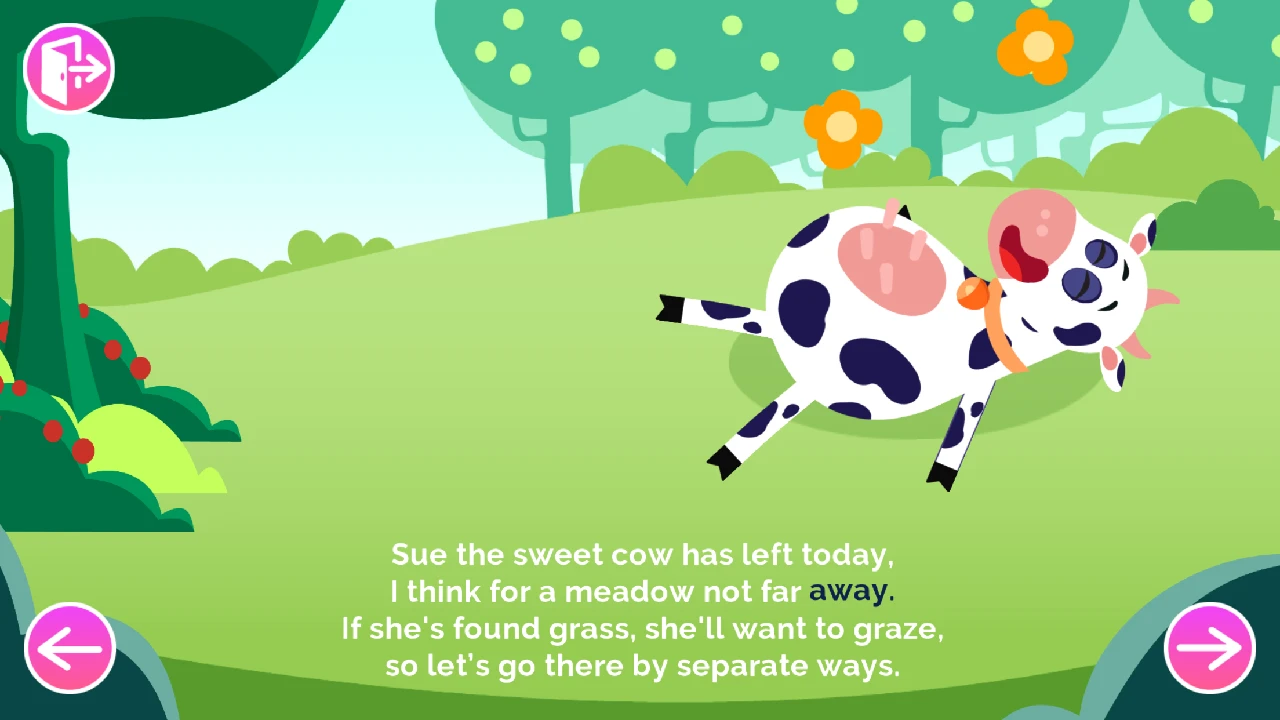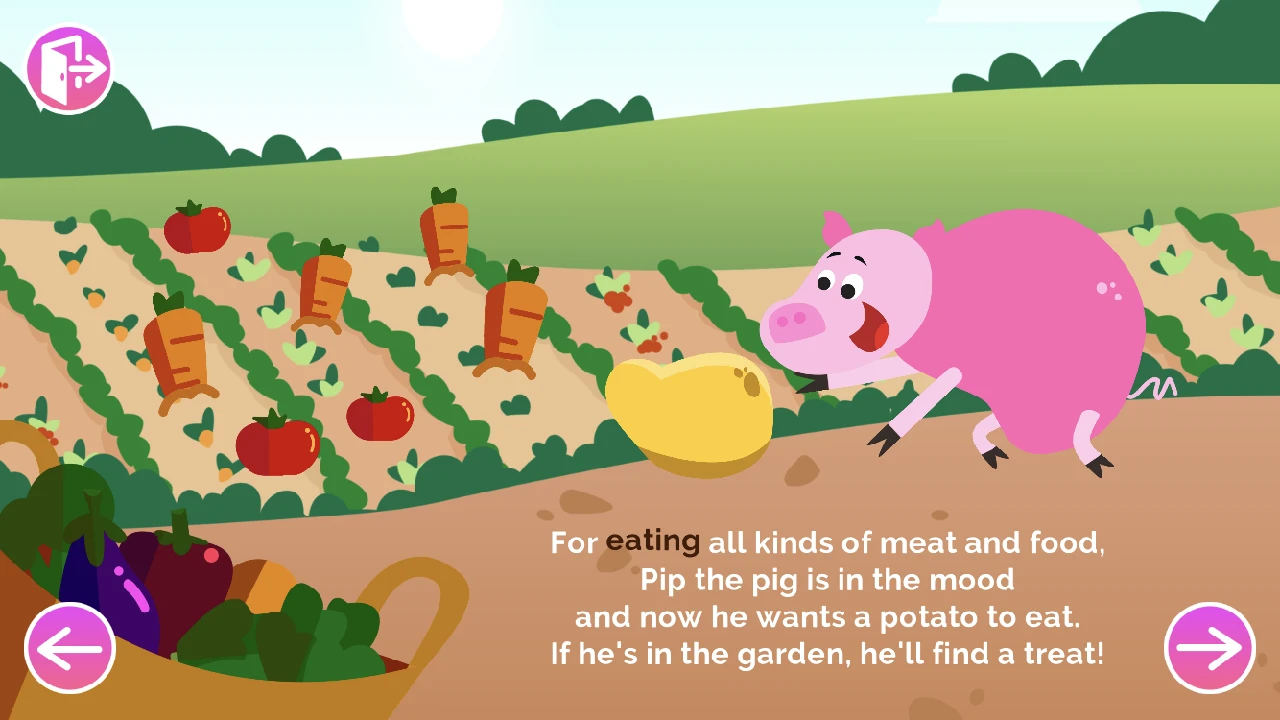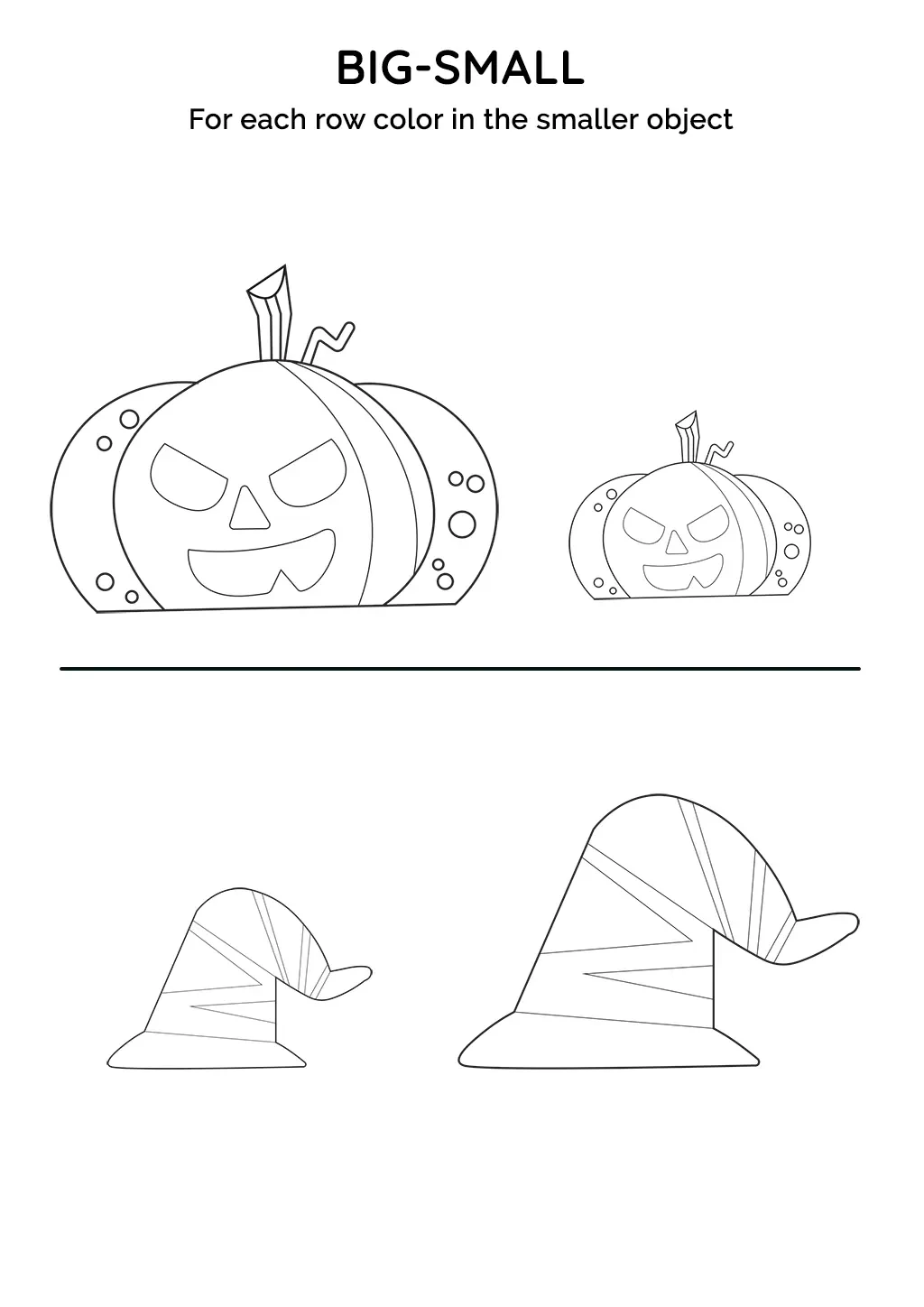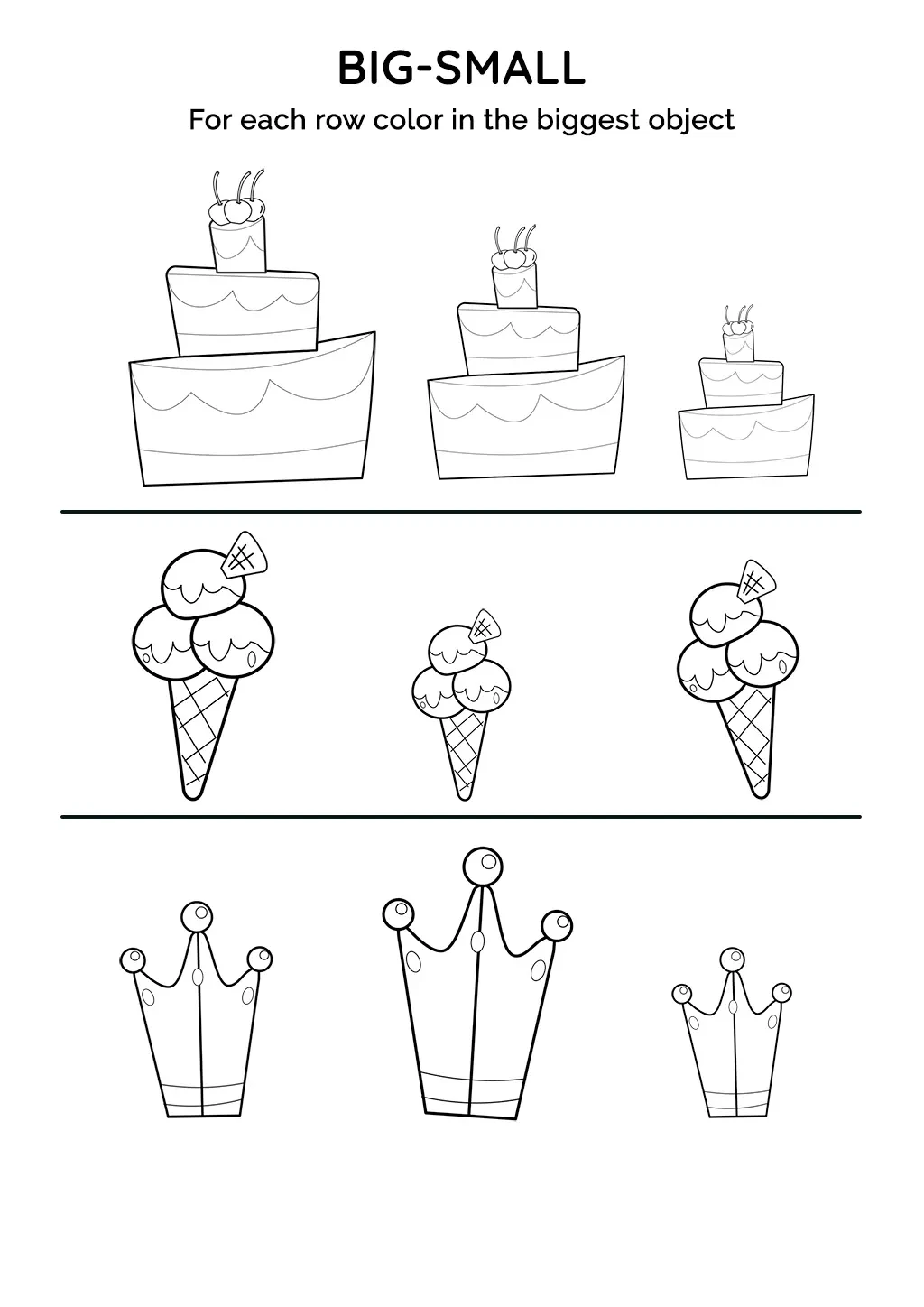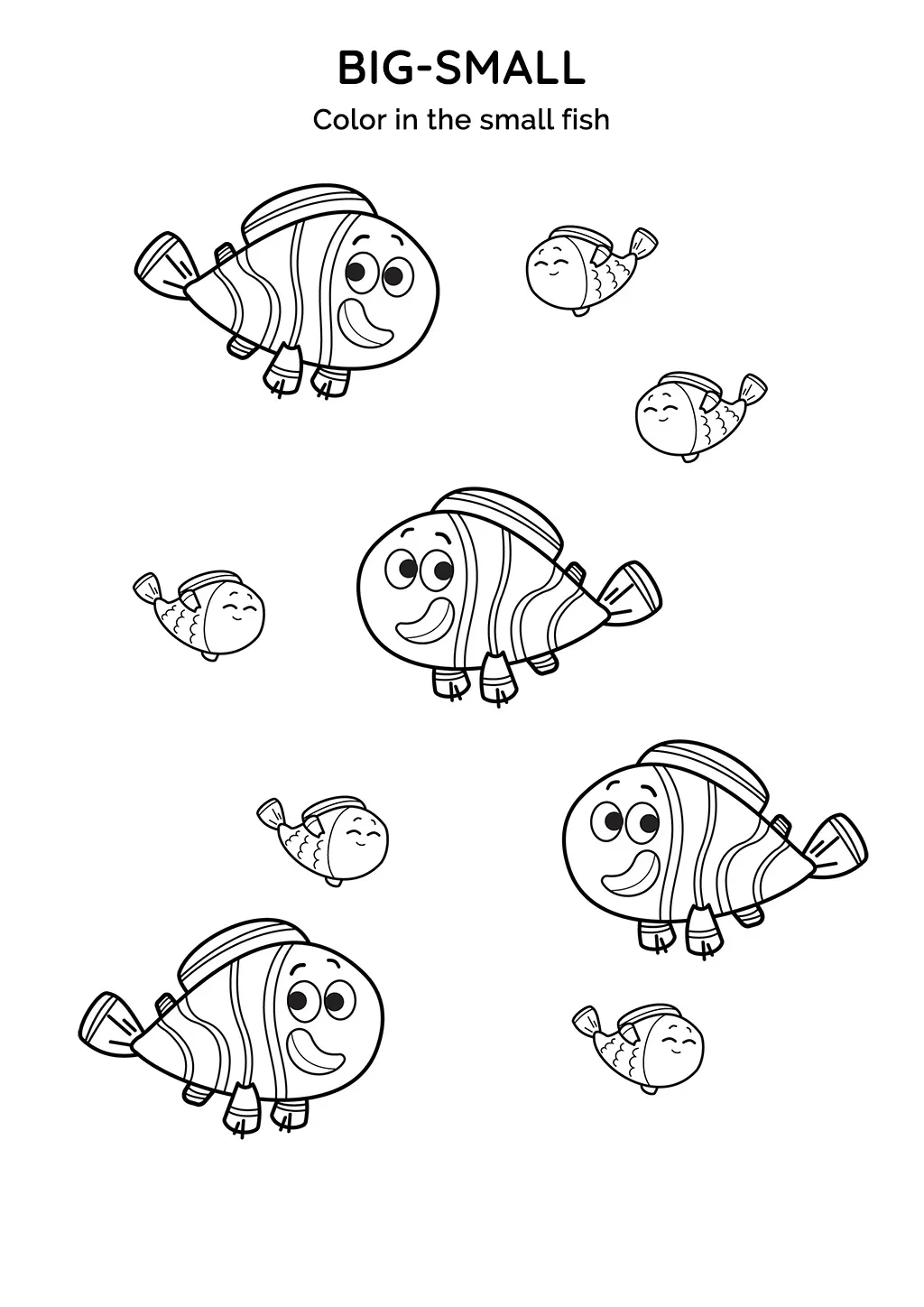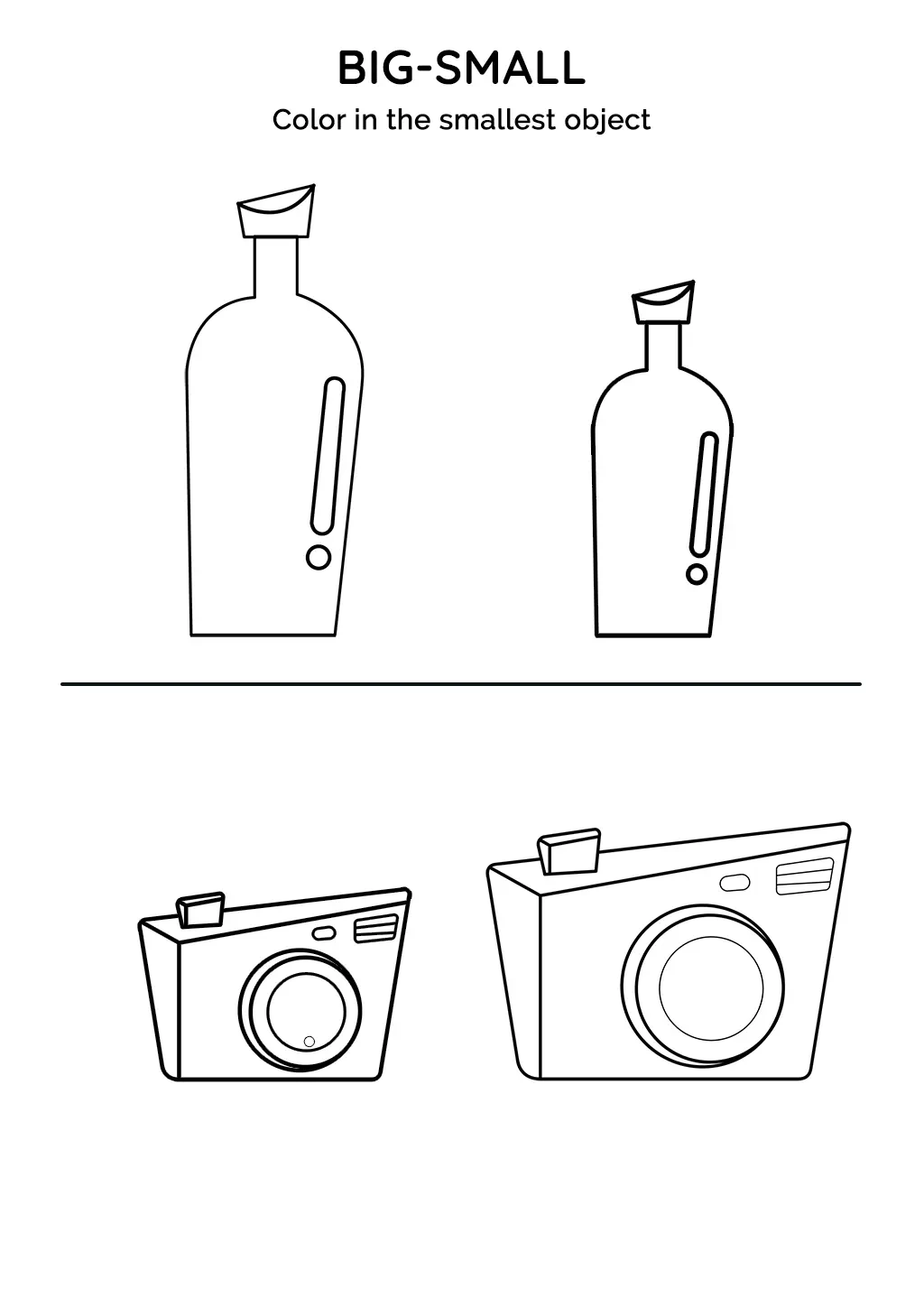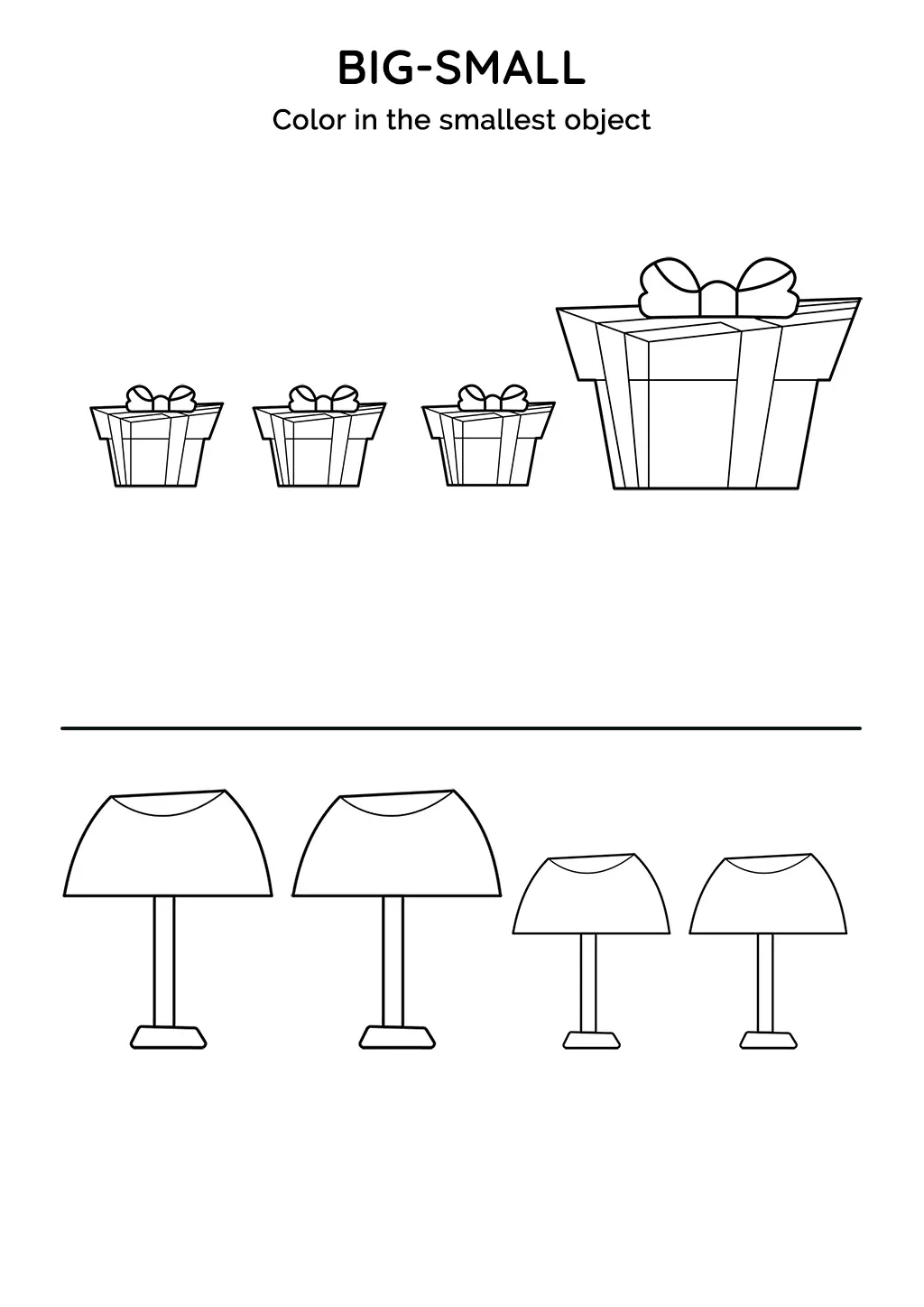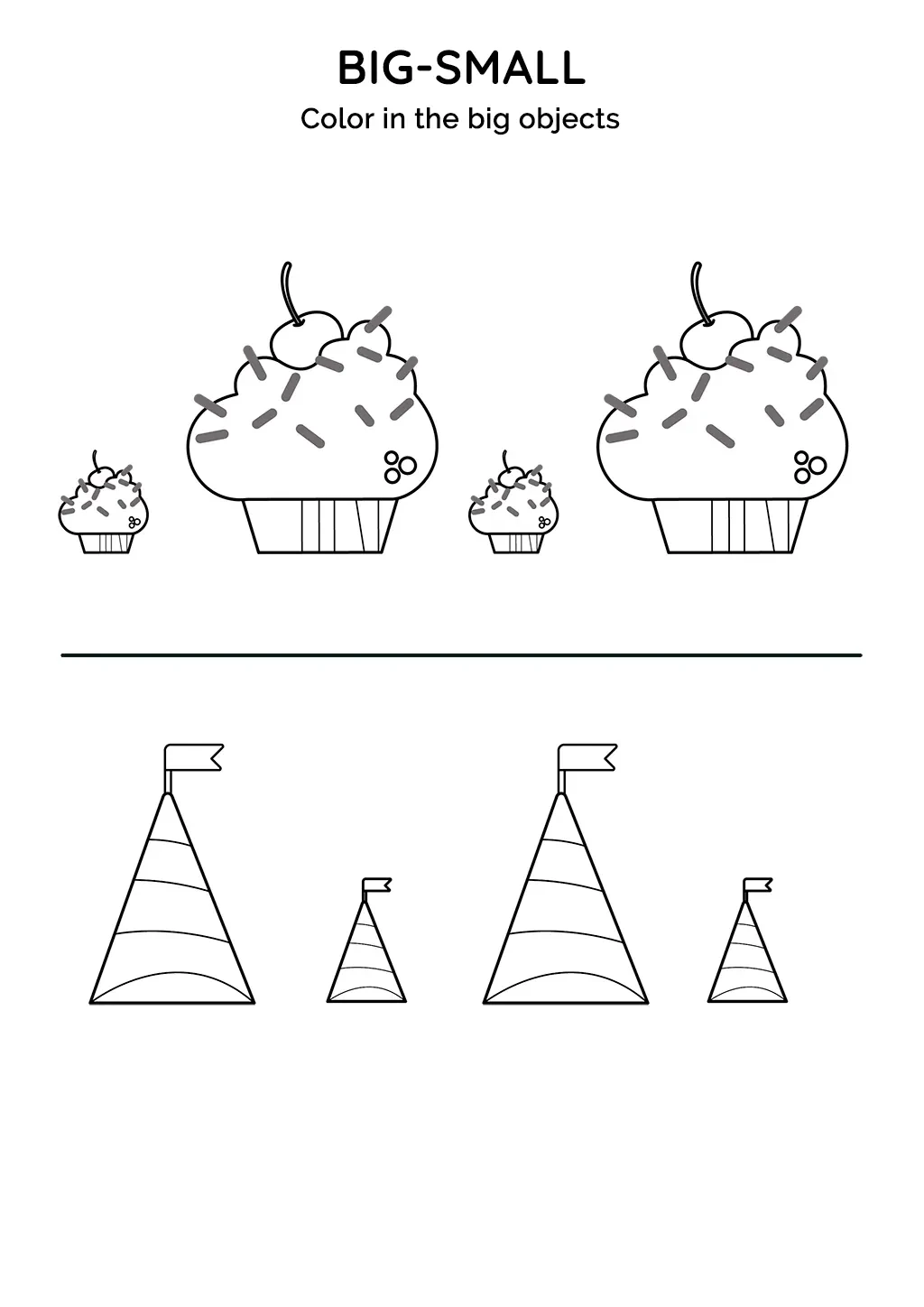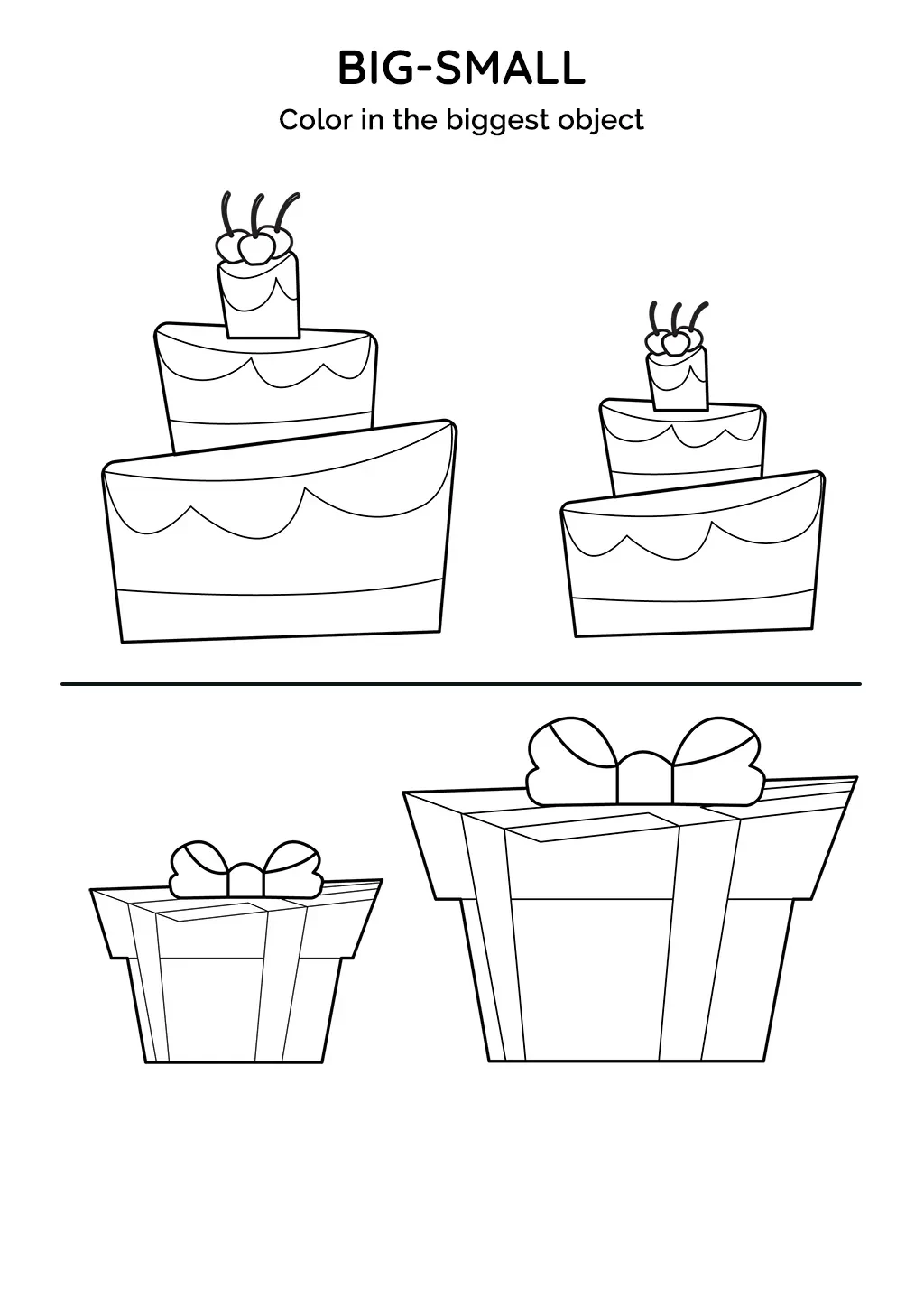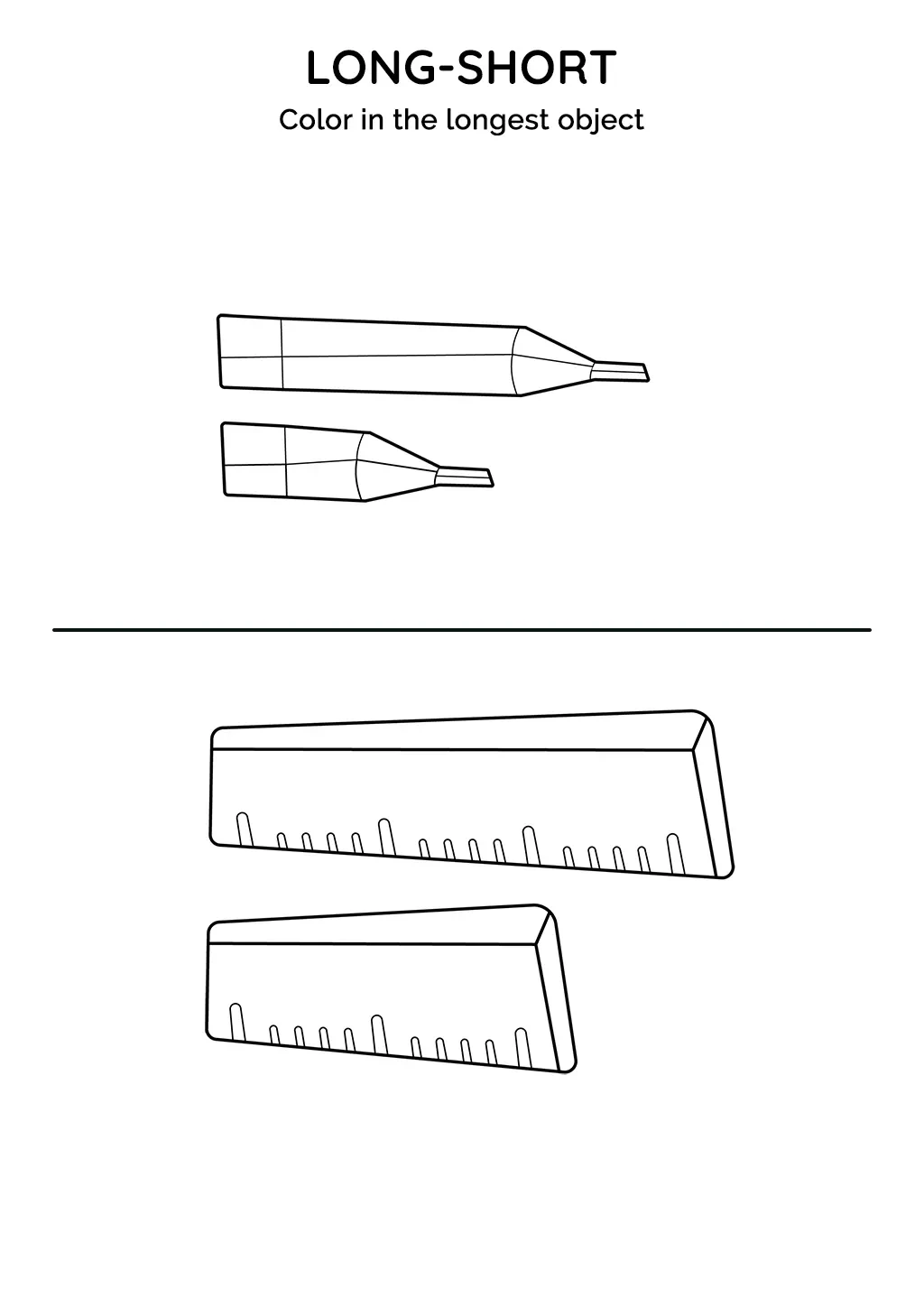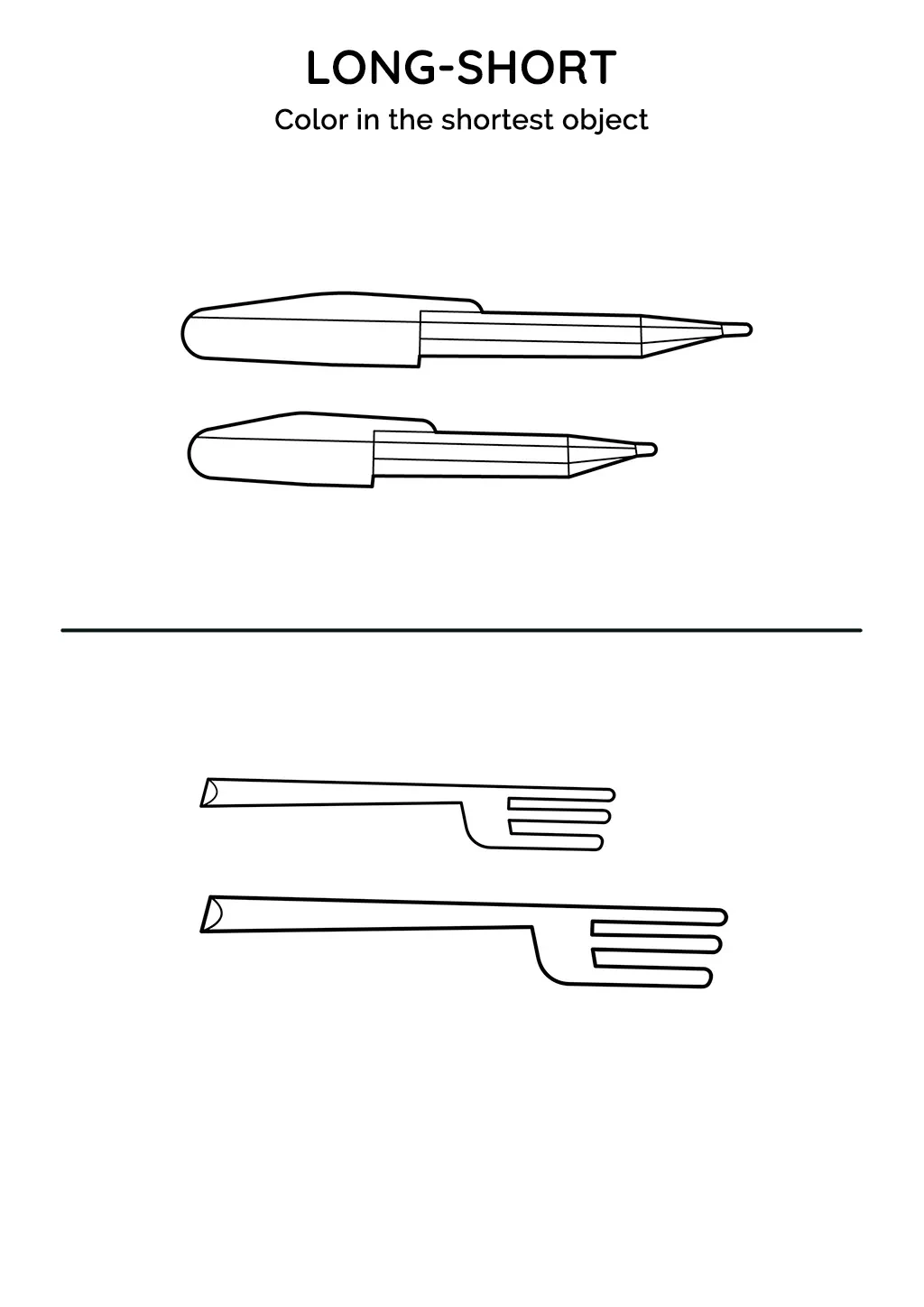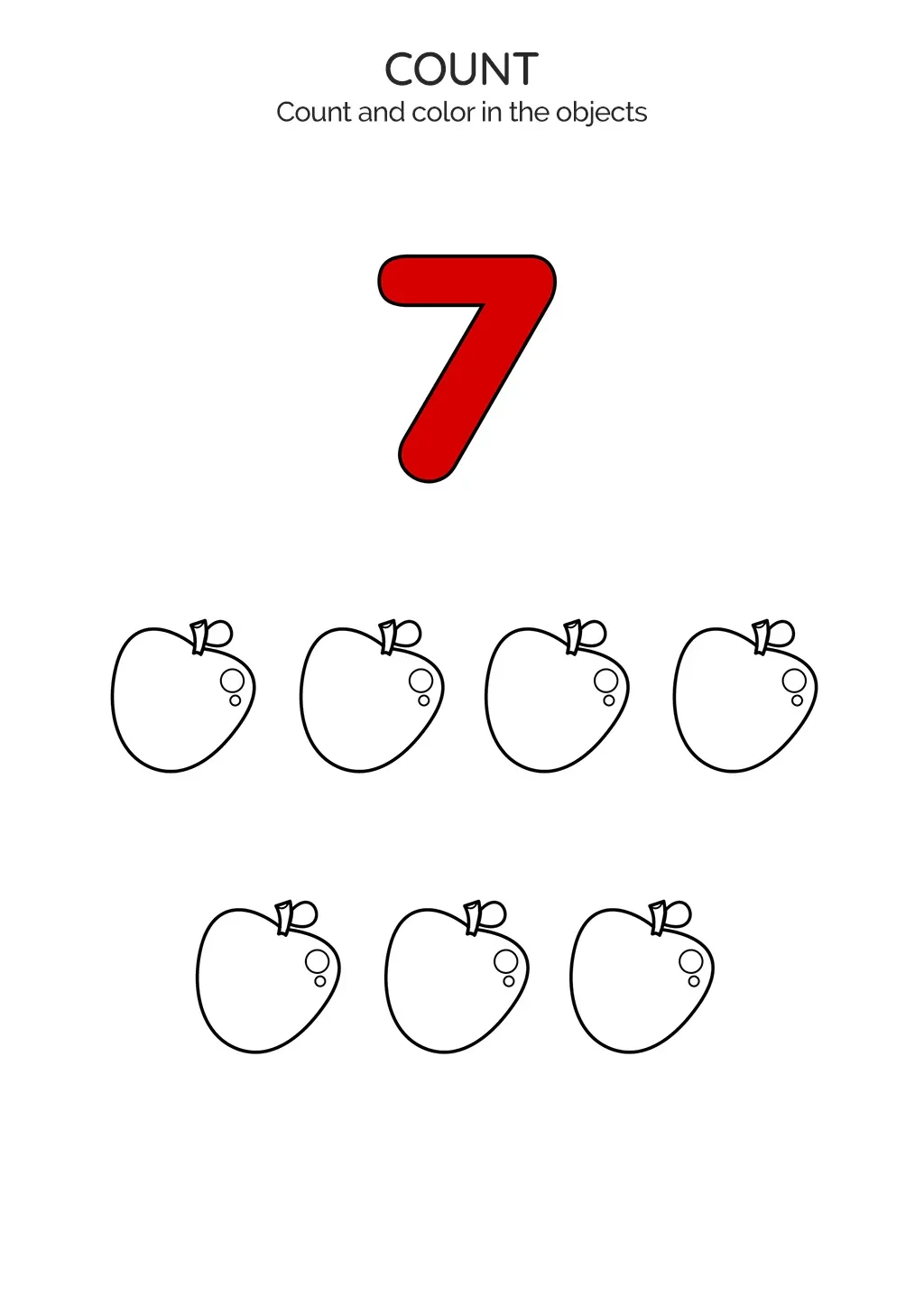The ability to recognize, understand, and use quantities is a fundamental mathematical skill that children begin to develop early in life. This process of recognizing and understanding quantities, also known as numeracy, is crucial for a child’s cognitive development and future academic success. It forms the foundation for more complex mathematical concepts and operations like addition, subtraction, multiplication, and division. But how does the development of quantity recognition take place, and how can parents or educators facilitate this crucial learning process? Let’s delve into the realm of quantities and their recognition in children.
Numeracy development starts from the earliest days of life. Even infants can distinguish between different quantities to some extent, although in a very basic and intuitive way. For example, they might be able to tell the difference between two and three items, but not between ten and eleven. It’s in the toddler years, typically between 2 and 3 years old, that children start to associate specific numbers with actual quantities. They start recognizing that ‘two’ isn’t just a word or a symbol, but it represents two objects, two people, two actions, etc. By the time they reach preschool age, most children can count to ten or even beyond, and they have a basic understanding of what these numbers represent.
Recognizing quantities is an active, hands-on learning process. There are many activities that parents and educators can use to facilitate this process, making it both fun and educational. Here are some practical and engaging activities that can help children develop a solid understanding of quantities:
Remember, repetition is key when it comes to learning numbers and quantities. Also, always ensure the activities are enjoyable for your child, as a positive learning environment promotes better understanding and retention.
Making quantity recognition engaging can be a challenge, but the Smart Tales app is designed to transform learning into an adventure. With an array of educational stories, interactive games, and worksheets, Smart Tales offers resources to help parents and educators introduce children to the fascinating world of numbers.
Our engaging and interactive stories in Smart Tales make the journey of understanding numbers an exciting adventure. Characters like Zaldo, Mosquita, and others bring the concepts of quantity recognition to life in an enjoyable and meaningful way.
Children learn best through play. Our Smart Tales games offer a stimulating environment for children to interact with numbers, enhancing their ability to recognize quantities in a playful and immersive manner.
Along with stories and games, Smart Tales also offers educational worksheets for reinforcing quantity recognition. Created by pedagogical experts, these worksheets turn learning into a fun-filled activity, allowing children to practice and perfect their understanding of quantities.
Quantity recognition is a vital stepping-stone on the path to mathematical fluency. Developing this skill can be an enjoyable and fulfilling journey, both for the children and those guiding them. By employing the right tools, such as the Smart Tales app, and adopting interactive learning strategies, you can nurture your child’s ability to recognize quantities and set the stage for their future academic success.
